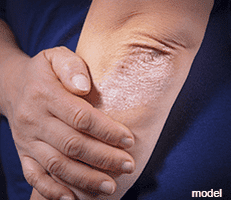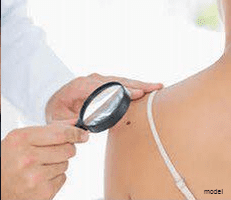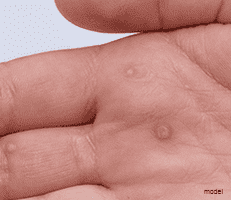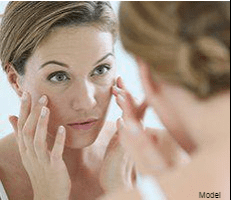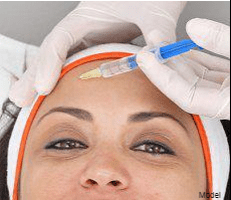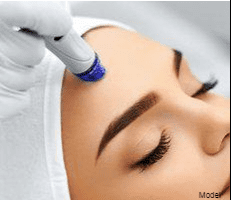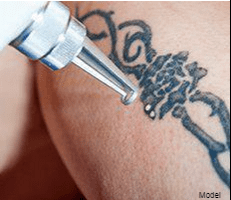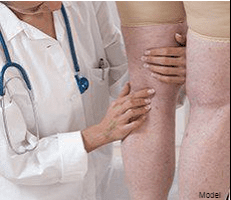Skin Cancer Specialist

McGuiness Dermatology & Plastic Surgery
Dermatologists and Aesthetic Specialists located in , Flower Mound, Plano, Prosper, Murphy & Richardson, TX
Between three and four million new cases of skin cancer are diagnosed in the United States every year. At McGuiness Dermatology & Plastic Surgery with offices located in Plano, Flower Mound, Prosper, and Murphy, Texas, the team of dermatologists offers screenings to find out if yours is among these cases so you can receive effective treatment. Call one of the offices or book an appointment online to learn more about skin cancer protection, diagnosis, and treatment.
Skin Cancer Q & A
What causes skin cancer?
The most common cause of skin cancer is ultraviolet radiation from the sun or tanning beds. The more exposure you have to this type of light, the greater your chance of developing skin cancer.
In cases of melanoma, ultraviolet light plays a role in causation but genetics and your skin type are also major factors.
What are the types of skin cancer?
Three major types of skin cancer are most common. These include basal cell skin cancer, squamous cell skin cancer, and melanoma. These are separate types of skin cancer that affect cells differently and do not morph into one another.
Basal cell carcinoma is the most common type of skin cancer and squamous cell carcinoma is the second most common type. Exposure to ultraviolet light is the usual cause of these slow-growing cancers, which do have the potential to spread to other areas of the body.
Both types usually show up in areas that are most touched by the sun. When they are caught early and treated promptly, you usually experience a successful recovery from both basal cell and squamous cell carcinomas.
Melanoma is the most deadly form of skin cancer and can appear anywhere on the body, including places not touched by the sun, such as between your toes and on your genitals. Melanoma spreads quickly to other organs if not treated early.
What are the symptoms of basal cell and squamous cell skin cancer?

Basal cell and squamous cell skin cancer have similar symptoms. These include:
- Visible pink or red spots
- Pearly or waxy bumps
- A flat brown or flesh-colored scar-like patch
- A flat lesion with a crusty or scaly surface
If you notice any of these irregularities, seek treatment. If you don’t address squamous cell or basal cell cancer, it can spread wider and deeper and become incredibly destructive to your appearance and health.
What are the symptoms of melanoma?
Melanoma often appears as an irregular-looking mole that changes color, size or feel. Other symptoms include:
- Larger brownish spot with darker speckles
- A small patch with irregular borders that appear red, white, and blue or have shades of brown or black
- Dark spots or lesions on areas such as your palms, fingertips, toes, soles, or the lining of your nose, mouth, vagina, or anus
If you have a family history of melanoma or your skin has a lot of moles, you’re at a greater risk of developing melanoma and should be especially aware of the symptoms.
To learn more about skin cancer, call McGuiness Dermatology & Plastic Surgery or book an appointment online.
What we offer





